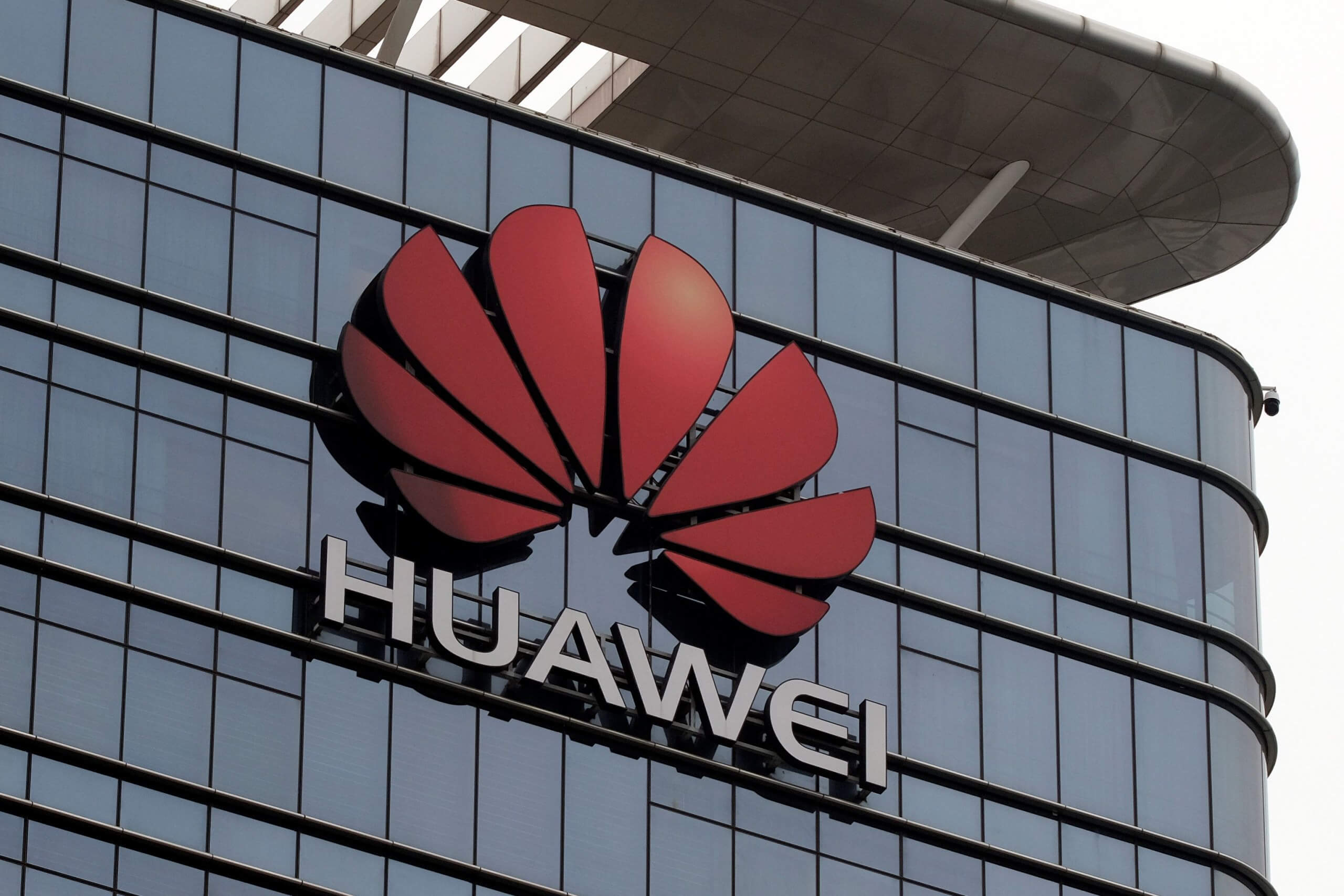Bottom line: According to a report out from Bloomberg, Vodafone Italy uncovered "hidden backdoors" in some of Huawei's networking equipment. The vulnerabilities would have allowed the Chinese company access to users' networks. The questionable devices included home routers and some gateways and optical service nodes that Vodafone used in its network infrastructure.
Sources claim the security holes were discovered between 2009 and 2011 but persisted beyond 2012. In addition to Italy, the vulnerabilities were found in Vodafone's UK, Germany, Spain, and Portugal networks as well. Bloomberg's insiders say that Vodafone continued to use the equipment even after the weaknesses were found because it was cheaper than alternatives and uprooting its whole infrastructure was cost prohibitive.
While Vodafone admits it knew of the holes, it disagrees with the sources on the timeline. It claims that the vulnerabilities were not found until 2011 and that it worked with Huawei to clear up the issue by 2012. The carrier also said that during that time there was no evidence that any data had been compromised. Vodafone also holds that it did not find problems in any other networks other than Italy.
"Vodafone takes security extremely seriously and that is why we independently test the equipment we deploy to detect whether any such vulnerabilities exist. If a vulnerability exists, Vodafone works with that supplier to resolve it quickly."
Huawei confirmed Vodafone's timeline. However, Bloomberg's sources insist that they were involved in the security discussions between the two companies and that their claims are valid regarding the timeline and the other countries affected.
Huawei has been fending off spying accusations since early last year when six US intelligence agencies voiced concerns over the security of the Chinese-made devices. The UK and Australia have also issued warnings with the latter banning Huawei from providing equipment for its 5G infrastructure.
Huawei has not taken the criticism lying down though. Last month the company said that it was preparing to sue the United States government for banning its equipment calling it unconstitutional. No official filings have yet been received.
